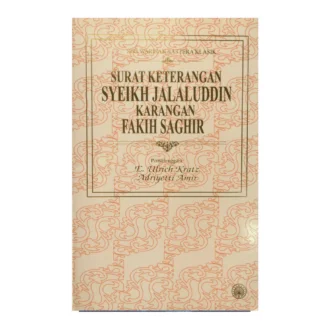The Wretched of the Earth, first published in 1961, is probably the most widely read of the books to emerge from the Third World upheaval of the post-war period; it has been translated into sixteen languages and has reached an international audience. Initially, it was widely hailed as the most passionate and brilliant analysis of the process of decolonization. Rereading the book today, one realizes how much the world has changed in the interval: we now see the extent to which Fanon was a man of his times and the extent to which he was a throwback to the Romantic nationalists of the nineteenth century. Far from having been the Marx of the African revolution, Fanon now emerges more clearly as having been its Mazzini.
For the strength of The Wretched of the Earth rests less on the incisiveness of its analysis than on the violence and inspiration of its rhetoric. It is a call to arms, not a scholarly autopsy. In the end, it seems more appropriate to apply to it the methods of literary criticism than those of political science. Despite its many contradictions and excesses, The Wretched of the Earth remains a remarkable achievement. The universalism of Fanon’s imagination and the forcefulness of his language has given the work an appeal that has already made it a modern classic.
The favourable reception of The Wretched of the Earth needs to be understood in terms of the movements of decolonization in the postwar world. The steady, ineluctable retreat of European colonialism evoked a feeling of excitement and expectancy throughout Asia and Africa. For a time all things were believed possible; it was the
dawn of a new age, of a new chance for humanity. It was at the apogee of this wave of enthusiasm that The Wretched of the Earth was published. The forcefulness of its language, its condemnation of colonialism and justification of armed resistance elicited an immediate response throughout the Third World. The book echoed the hopes and fears of its times, and it did so with an idealism that is hard to imagine being expressed today.
The Wretched of the Earth needs also to be situated within the political and intellectual context of postwar France. French intellectuals, already bitterly divided over the Cold War and Stalinism, found themselves in the early nineteen-fifties at odds over decolonization as well. The Algerian war further intensified this conflict. On the Left, the battle was joined between the supporters of the F.L.N. and the French Communist Party. As a leading F.L.N. publicist, Fanon wanted to widen the base of support in French left-wing circles for the insurgents, and The Wretched of the Earth was the political manifesto by which he sought to accomplish this task.
The book is the product of an intellectual milieu, as well as a political debate—the cafes of Saint-Germain-des-Pres and postwar Marxism and Existentialism are never far from its pages. The influence of Jean-Paul Sartre, one of the few leading French intellectuals to display an active sympathy for the aspirations of Third World peoples, is especially to be noted. Fanon frequented Sartre’s circle in the early nineteen-fifties, and, as has been shown by Irene Gendzier, Sartre’s essay Anti-Semite and Jew exercised a considerable influence upon Fanon’s approach to racism and colonial domination. It was therefore especially fitting that the first edition of The Wretched of the Earth should contain a preface by Sartre.
The Wretched of the Earth is a book of a particular moment in history, but also of a stage of development of political consciousness in the Third World. With the liberation of most of Africa, its popularity is in decline and its Utopian vision no longer seems convincing. The two major myths to which the book gave rise, that of the liberating qualities of violence and that of the primacy of the peasantry in the liberation struggle, still have their adherents, but they lack persuasive force in the harsher political environment of the mid-seventies. Yet while the book has reduced appeal, its language still has a capacity to startle and capture the attention of new discoverers.
The upheaval in the Third World and among American domestic minorities persists, although new forms of struggle have emerged. It seems safe to predict that Fanonist ideas will continue to find supporters among the desperate and the downtrodden. To a remarkable degree, The Wretched of the Earth can still put us in touch with the hopes and fears of age and with its lost illusions. In its pages that springtime of the nations, the nineteen-fifties and early -sixties, lives again. Because of its rhetorical brilliance, but also its universalism, The Wretched of the Earth will continue to be read long after other more parochial writings from this period and perspective have been forgotten.












Reviews
There are no reviews yet